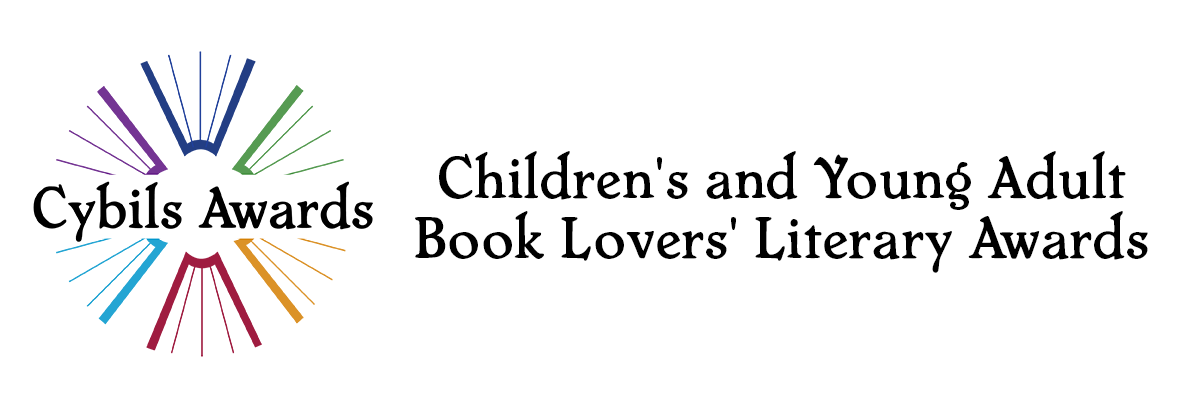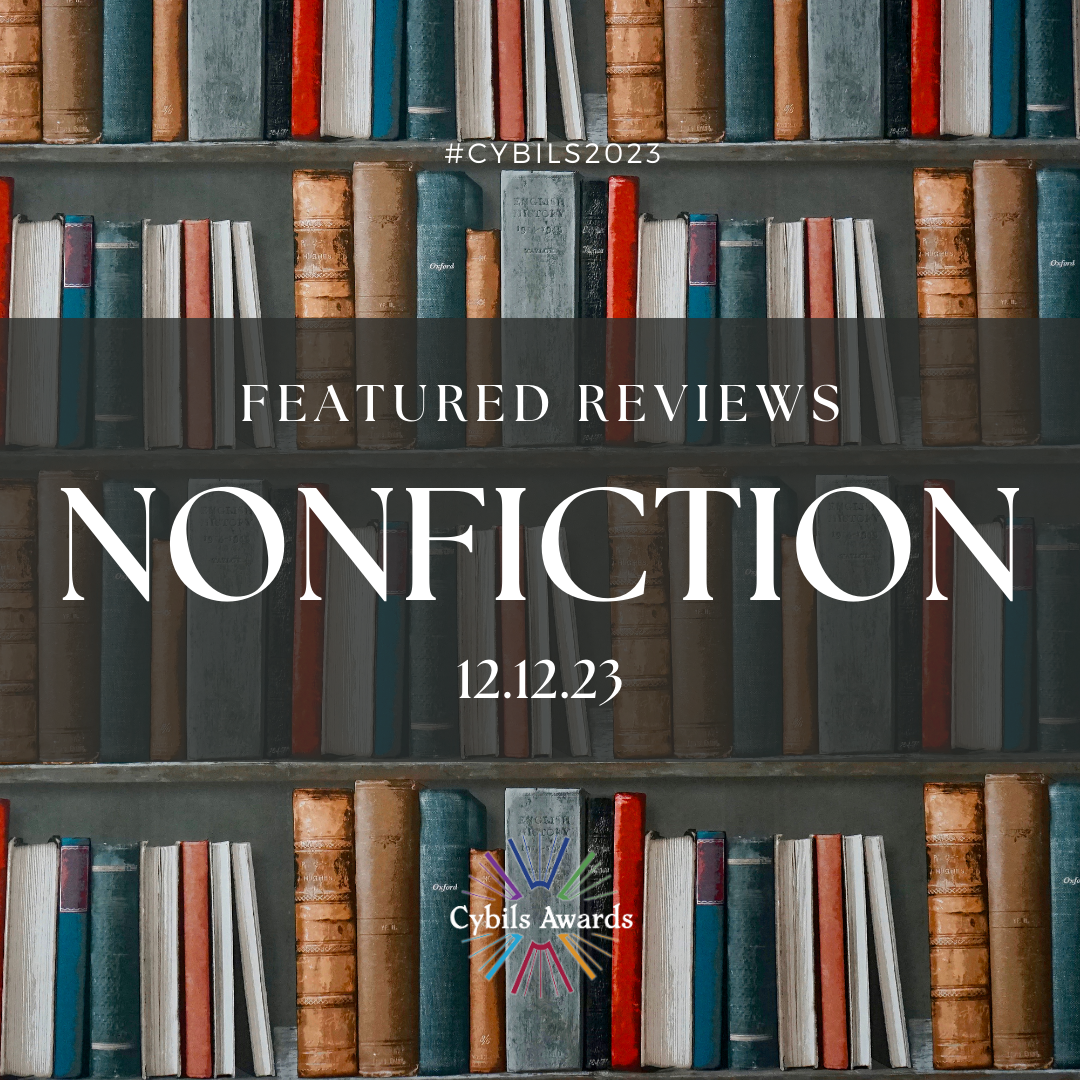Happy National Gingerbread House Day and Gingerbread Decorating Day!
Before you head over to the icing table, we hope you’ll check out this week’s featured nonfiction selections. Meet Mahani, an acclaimed concert pianist who learned to play on Rapa Nui (Easter Island’s) only piano. Then head to the Pacific Northwest to learn about the endangered Southern Resident orcas. And last, we turn inward to consider how damaging racism is for all of us, not just people of color.
As our reviewers suggest, adults will find the books as fascinating as the intended audiences!
Book covers link to full summary on Goodreads.
The reviews are the opinions of their authors, and do not reflect on or imply anything about the CYBILS Awards process.
ELEMENTARY NONFICTION

Imagine living on a tiny island more than a thousand miles from any other inhabited place! That's where a girl named Mahani lived—on Rapa Nui, also known as Easter Island. Mahani grew up taking music lessons on the island's only piano. She had the talent to become a great pianist, but pursuing that dream meant leaving the home she loved.
As Mahani toured the world as an acclaimed concert pianist, Rapa Nui stayed close to her heart. She knew the island struggled with problems like ocean trash and wondered how she could help. So she returned to Rapa Nui with a new dream—to build a music school!
Sondy @ Sonderbooks – This book is not only the story of a child prodigy, but also a story of fighting for the environment. Rapa Nui is near a place where ocean currents bring trash thrown into the water elsewhere. As well as helping with that mess, the island is working toward being sustainable and waste-free by 2030.
It all adds up to an interesting and inspiring story of a kid who started with a love of music and grew up to help her people and her home.
MIDDLE-GRADE NONFICTION

The endangered Southern Resident orcas whistle and click their way around the waters of the Pacific Northwest in three small family groups while facing boat noise, pollution, and scarce food. Superpod introduces young readers to the experts who are training scat-sniffing dogs, inventing ways to treat sick orcas, quieting the waters, studying whales from the air, and speaking out. Author Nora Nickum also discusses her own work on laws to protect the orcas, tackles the dark history of orca capture for marine parks, and shares moments of wonder.
Hilary @ Goodreads – I loved marine mammals as a kid, and perhaps that might be why I loved this book so much? But I tend to think it has more to do with Nora Nickum’s endearing writing style and passion for her subject matter. She takes the middle grade reader into the world and reality of the Southern Resident orcas (also known as “killer whales”) of the Pacific Northwest United States. Nickum’s first chapter had me teary and brought me to my knees–no further spoilers will be given than that. But I will tell you that I learned so much about these animals’ family bonds, grit, and resilience. I want to recommend it to every upper elementary school classroom. So, so, so interesting.
HIGH SCHOOL NONFICTION

The future can be prosperous for everyone, but only if we address the problems of racial and economic inequality. This book is a call to action. McGhee examines how damaging racism is, not only to people of color but also to white people. She offers hope and real solutions so we can all prosper. An expert in economic policy, McGhee draws lessons both from her work at a think tank and from her travels around the country talking to everyday Americans fighting for a more just and inclusive society.
The people she meets prove how the stories we tell ourselves about race and belonging influence the policies that determine our shared economic future.
Karen @ Goodreads – McGhee writes a powerful book that reveals the irrational belief many have that human rights exist in a zero-sum game dynamic (meaning that if we treat the “have nots” with dignity and justice, than the “haves” will lose rights and wealth). In other words, racist views and the resulting policies and laws hurt everyone. Racism is irrational and harms everyone. If I were teaching a middle school class or high school class–or a 100-level university class–on American history, I would assign this book.

